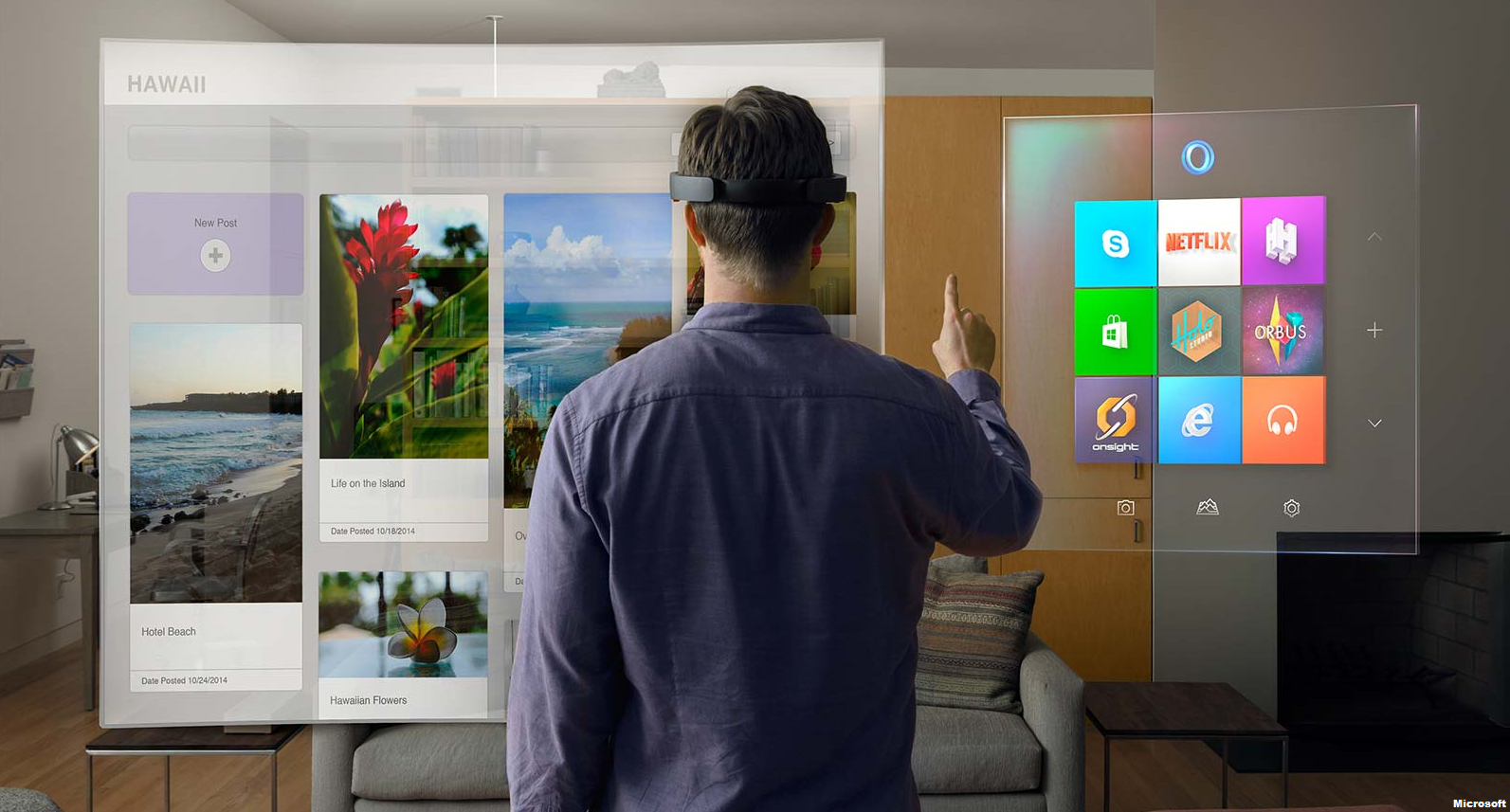
In decades past, virtual reality (VR) was often thought to be the next big thing. Except it wasn’t. Despite previous attempts to produce ‘killer’ products, mainly in the gaming domain, it ultimately didn’t take off. At least not yet.
However there are signs that the hype is returning as major technology companies are again placing their bets in this space. In 2014, Facebook purchased VR company Oculus Rift for $2bn, a company founded only two years earlier.
Along with VR, interest is also picking up in another form of reality - augmented reality (AR). Google (Glass) and Microsoft (HoloLens) have both developed and publicised new hardware products in this area.